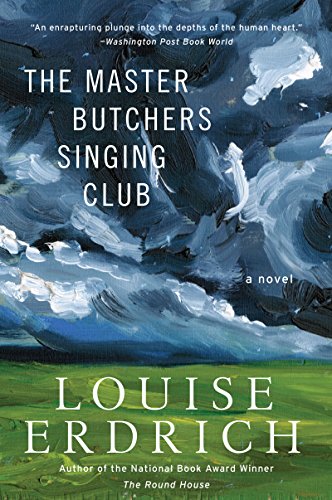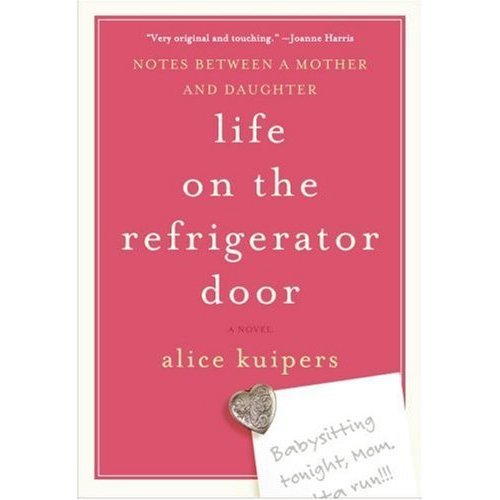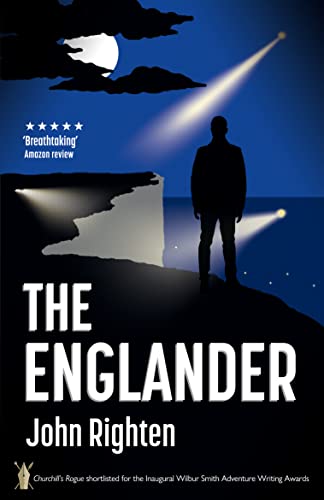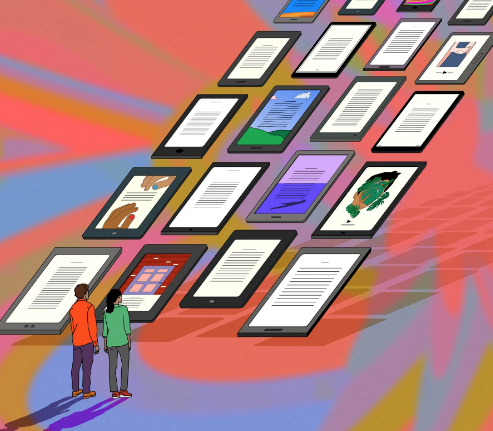Great book deals and freebies sent straight to your email daily: Subscribe to BookGorilla—it’s free!
From The New Yorker: Increasingly, books are something that libraries do not own but borrow from the corporations that do.
Steve Potash, the bearded and bespectacled president and C.E.O. of OverDrive, spent the second week of March, 2020, on a business trip to New York City. OverDrive distributes e-books and audiobooks—i.e., “digital content.” In New York, Potash met with two clients: the New York Public Library and Houghton Mifflin Harcourt. By then, Potash had already heard what he described to me recently as “heart-wrenching stories” from colleagues in China, about neighborhoods that were shut down owing to the coronavirus. He had an inkling that his business might be in for big changes when, toward the end of the week, on March 13th, the N.Y.P.L. closed down and issued a statement: “The responsible thing to do—and the best way to serve our patrons right now—is to help minimize the spread of covid-19.” The library added, “We will continue to offer access to e-books.”
The sudden shift to e-books had enormous practical and financial implications, not only for OverDrive but for public libraries across the country. Libraries can buy print books in bulk from any seller that they choose, and, thanks to a legal principle called the first-sale doctrine, they have the right to lend those books to any number of readers free of charge. But the first-sale doctrine does not apply to digital content. For the most part, publishers do not sell their e-books or audiobooks to libraries—they sell digital distribution rights to third-party venders, such as OverDrive, and people like Steve Potash sell lending rights to libraries. These rights often have an expiration date, and they make library e-books “a lot more expensive, in general, than print books,” Michelle Jeske, who oversees Denver’s public-library system, told me. Digital content gives publishers more power over prices, because it allows them to treat libraries differently than they treat other kinds of buyers. Last year, the Denver Public Library increased its digital checkouts by more than sixty per cent, to 2.3 million, and spent about a third of its collections budget on digital content, up from twenty per cent the year before.
Read full post on The New Yorker














